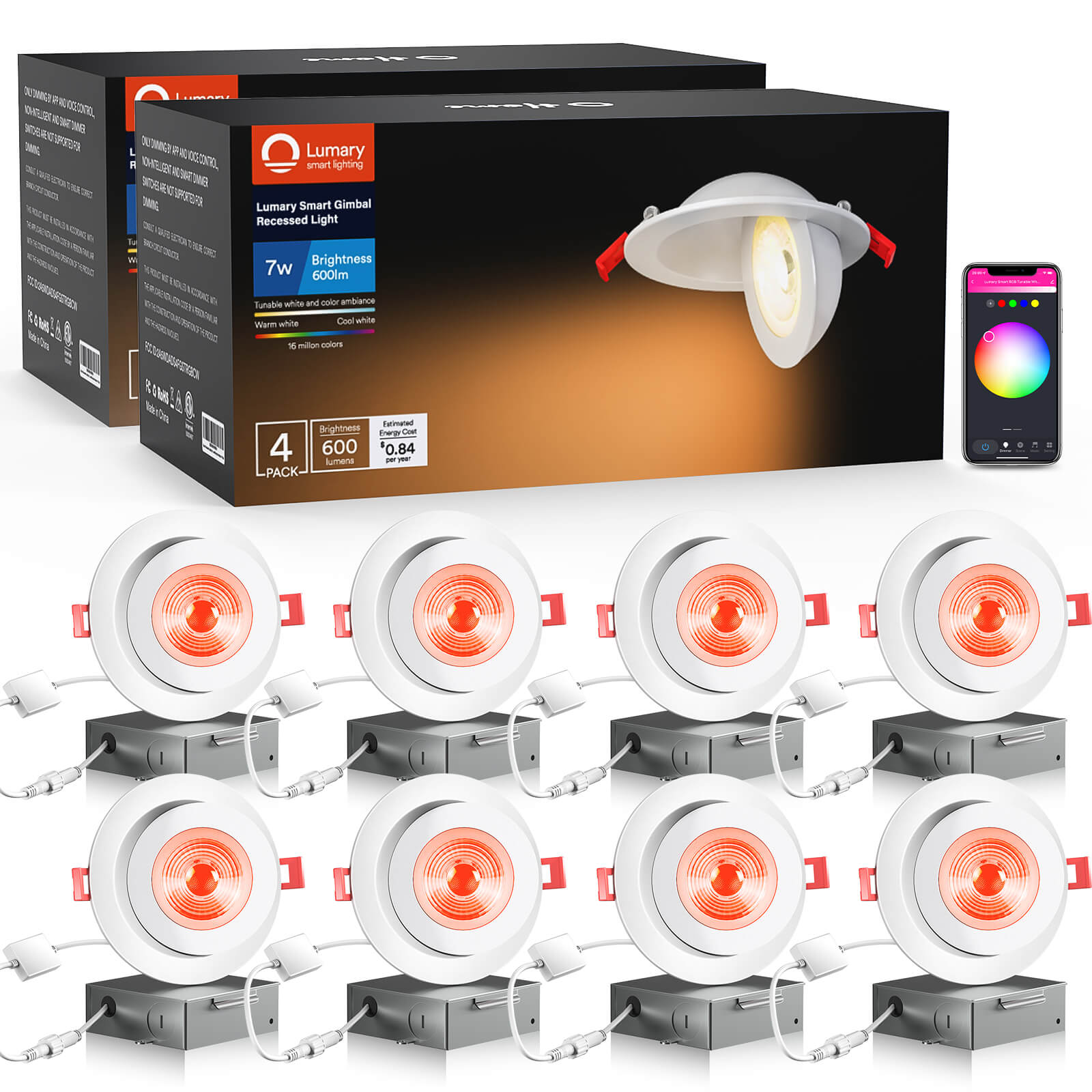In today's fast-paced world, businesses are constantly seeking ways to improve efficiency and streamline operations. One of the most effective ways to achieve this is by integrating Alexa and Google-compatible technology into your business. This article will provide a deep understanding of how these technologies can benefit your non-industry business, making it more efficient and productive.

Understanding Alexa and Google-Compatible Technology
Alexa and Google-compatible technology refers to devices and systems that can be controlled using Amazon's Alexa or Google Assistant. These technologies allow for voice-activated control of various functions, from lighting and temperature to security and entertainment systems. By integrating these technologies into your business, you can automate routine tasks, improve energy efficiency, and enhance overall productivity.
Benefits of Using Alexa and Google-Compatible Technology
- Automation of Routine Tasks: By using voice commands, you can automate tasks such as turning on lights, adjusting thermostats, and managing security systems.
- Energy Efficiency: Smart devices can help reduce energy consumption by optimizing lighting and temperature settings based on occupancy and time of day.
- Enhanced Productivity: With voice-activated controls, employees can focus on more critical tasks without being interrupted by mundane activities.
Implementing Alexa and Google-Compatible Technology in Your Business
To successfully integrate Alexa and Google-compatible technology into your business, follow these steps:
- Identify Key Areas: Determine which areas of your business can benefit the most from automation and voice control.
- Select Compatible Devices: Choose devices that are compatible with Alexa and Google Assistant. For example, the Smart LED Light Bulb is an excellent choice for energy-efficient lighting.
- Set Up and Configure: Follow the manufacturer's instructions to set up and configure the devices. Ensure that they are connected to your Wi-Fi network and linked to your Alexa or Google Assistant account.
- Train Employees: Provide training to employees on how to use voice commands and control the devices effectively.
Real-World Examples
Many businesses have successfully integrated Alexa and Google-compatible technology to improve efficiency. For instance, a small retail store used smart lighting to reduce energy costs and enhance the shopping experience for customers. By using voice commands, employees could easily adjust lighting levels based on the time of day and customer traffic.
"The integration of Alexa and Google-compatible technology has significantly improved our operational efficiency. We have seen a noticeable reduction in energy costs and an increase in employee productivity." - John Doe, Retail Store Owner
Choosing the Right Products
When selecting products for your business, it's essential to choose those that are reliable and offer seamless integration with Alexa and Google Assistant. One such product is the Smart Thermostat, which allows for precise temperature control and energy savings.

Conclusion
Integrating Alexa and Google-compatible technology into your non-industry business can lead to significant improvements in efficiency and productivity. By automating routine tasks, enhancing energy efficiency, and providing employees with voice-activated controls, you can create a more streamlined and effective work environment. Start exploring the possibilities today and take your business to the next level.
For more information on compatible products, watch the video below:








